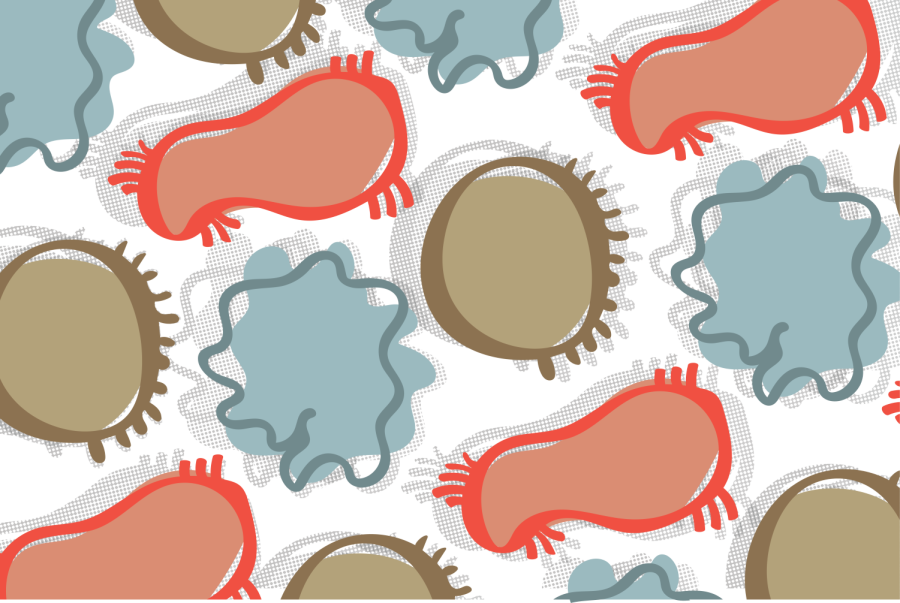A faculty committee met with University of Minnesota President Joan Gabel Monday to discuss research priorities for the systemwide strategic plan.
Improving communication about research to greater Minnesota, working more with local industries and communities, and ensuring good environments for researchers were some of the committee’s suggestions.
Members of the Senate Research Committee shared their goals and priorities regarding how the strategic plan reflects research. The consultative phase of strategic planning has been taking place since before Gabel presented strategic commitments to the Board of Regents.
Vice President for Research Chris Cramer presented to the board earlier this semester to highlight potential research goals going forward. During his presentation, Cramer suggested requiring all undergraduate students to participate in a research experience and expanding the systemwide reach of research, among other changes.
Committee Chair Julie Olson said the committee agreed with Cramer’s ideas. Improving faculty recruitment and retention and maintaining positive research environments was something they wanted to see prioritized in addition, she said.
“We’re a faculty group, so that’s what we see on a daily basis,” Olson said.
Committee member Bill Arnold said having access to childcare near campus, a diverse faculty and safe working environments are examples of things that improve the environment for researchers.
Olson also noted the possibility of implementing research bus tours at the University. This program exists at the University of Wisconsin-Madison, where faculty travel to different areas of the state to convey the University’s research and see what issues are important to communities.
Arnold said he thinks Cramer’s suggestion of getting more students involved with research will also help to spread the University’s impact to more communities.
“… The University is not some place you just come and take classes and then get your degree and go off and get a job,” he said. “There’s a lot that goes on here beyond that and tapping more students into that potential is important.”
One of the research goals that has been discussed frequently is making it clear to the rest of the state that University research holds a positive outcome for everyone, Gabel said at the meeting.
”It’s incumbent upon us to both be excellent and be digestible,” she said to the committee.
Committee member Tasoulla Hadjiyanni said work to improve disparity gaps should be a priority as well. This work is already being done but the University can do more to get the word out, she said in an email to the Minnesota Daily.
“We need to share how we are exposing our students to such difficult dialogues as eradicating disparities is about changing minds and attitudes,” she wrote.
Olson said she is not certain how much consultation will be needed going forward, but that she hopes the committee can provide more input to Gabel in the next planning phases.














